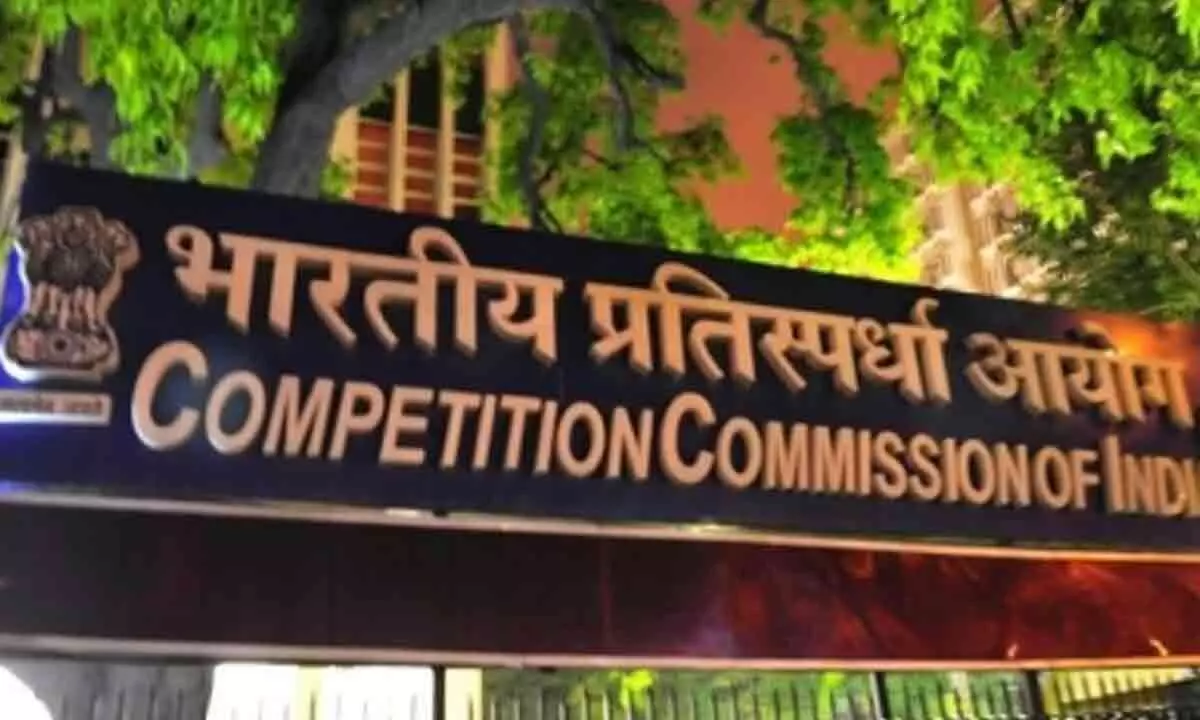Live
- 'Which country?': Sandeep Dikshit mocks Arvind Kejriwal's claims of 'saving the nation'
- IAF carries out high-precision rescue operation from volcanic Narcondam Island in the Andamans
- Spurs need to start winning games, there’s no better place to start vs Arsenal: Postecoglou
- Congress guarantees better law and order in Delhi
- PM Modi to dedicate three cutting-edge naval combatants to nation on Wednesday
- Ethiopia repatriates 164 citizens from Lebanon
- CM Atishi discloses Rs 76 lakh assets, up Rs 17 lakh from 2020 polls
- Tovino Thomas' Identity Becomes Mollywood's First Hit of 2025
- Australian MP at Udupi Krishna Temple, Highlights Strengthening India-Australia Ties
- Prayag's Mahakumbh's arrangement worth learning for 'Simhastha-2028', says MP CM








